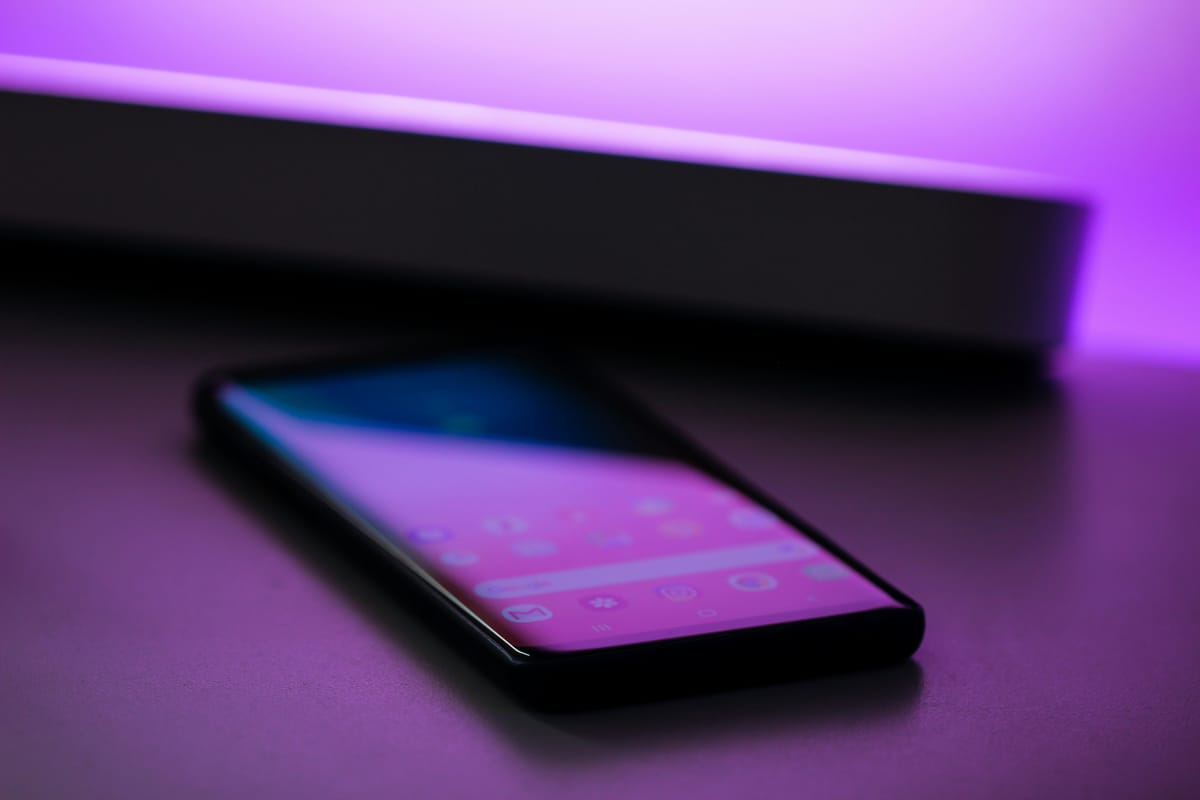Michigan Supreme Court to Decide Limits of Cell Phone Searches in Criminal Cases

LANSING, Mich. — The Michigan Supreme Court will hear oral arguments Thursday in a case that could reshape how courts across the state apply constitutional protections to cell phone searches.
Background: Theft Case in Emmet County
The case, People v. Carson, stems from the 2020 conviction of Michael Carson in Emmet County. He was found guilty of stealing nearly $70,000 from his elderly neighbor’s safe. Charges included safe breaking, larceny, receiving stolen property, and conspiracy to commit those crimes.
During the trial, prosecutors introduced text messages retrieved from Carson’s phone as evidence. The messages were obtained through a search warrant that authorized police to search for “records or documents pertaining to the investigation of larceny in a building and safe breaking.”
Appeals Court Tosses Convictions
Carson appealed the convictions. In February 2024, the Michigan Court of Appeals overturned them in a 2-1 decision. The court ruled that the search violated the Fourth Amendment’s particularity requirement, which mandates that warrants clearly describe the place to be searched and the items to be seized.
The court found the warrant too broad, allowing access to the entire contents of Carson’s phone. It also rejected the use of the good faith exception, stating the warrant was “so facially deficient” that no reasonable officer could have relied on it.
Attorney General Pushes Back
Michigan Attorney General Dana Nessel petitioned the Michigan Supreme Court to review the ruling. The court granted review in April 2024.
Nessel argues the Court of Appeals misapplied the law and created a burdensome standard. She said requiring officers to identify specific folders or applications in advance of a search is unrealistic.
“This erroneous decision has no foundation in law and ignores the reality that criminals do not neatly label their crimes for law enforcement to find,” Nessel said in a press release. “By imposing an unrealistic and unsupported standard of specificity on cell phone search warrants, the Court of Appeals has jeopardized countless past, pending, and future cases across our State and set a dangerous precedent that threatens to hinder the ability of law enforcement to effectively investigate crime.”
Questions Before the High Court
Nessel has asked the state’s highest court to reverse the appellate ruling on several grounds. She says the search warrant met the Fourth Amendment’s requirements and that any overbroad sections could have been separated out, rather than invalidating the entire warrant.
She also disputes the conclusion that Carson’s trial attorney was ineffective for failing to challenge the warrant.
What’s at Stake
The Michigan Supreme Court’s decision could have far-reaching effects. A ruling in favor of Carson may limit how police are allowed to search cell phones in criminal investigations. A reversal, however, could uphold broader search powers for law enforcement.
The court will hear oral arguments Thursday. A decision is expected in the months ahead.
